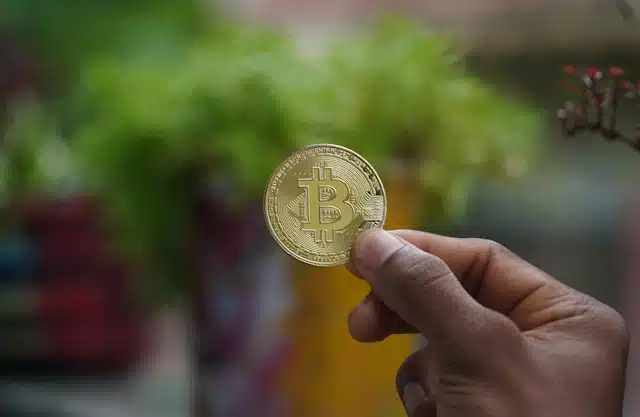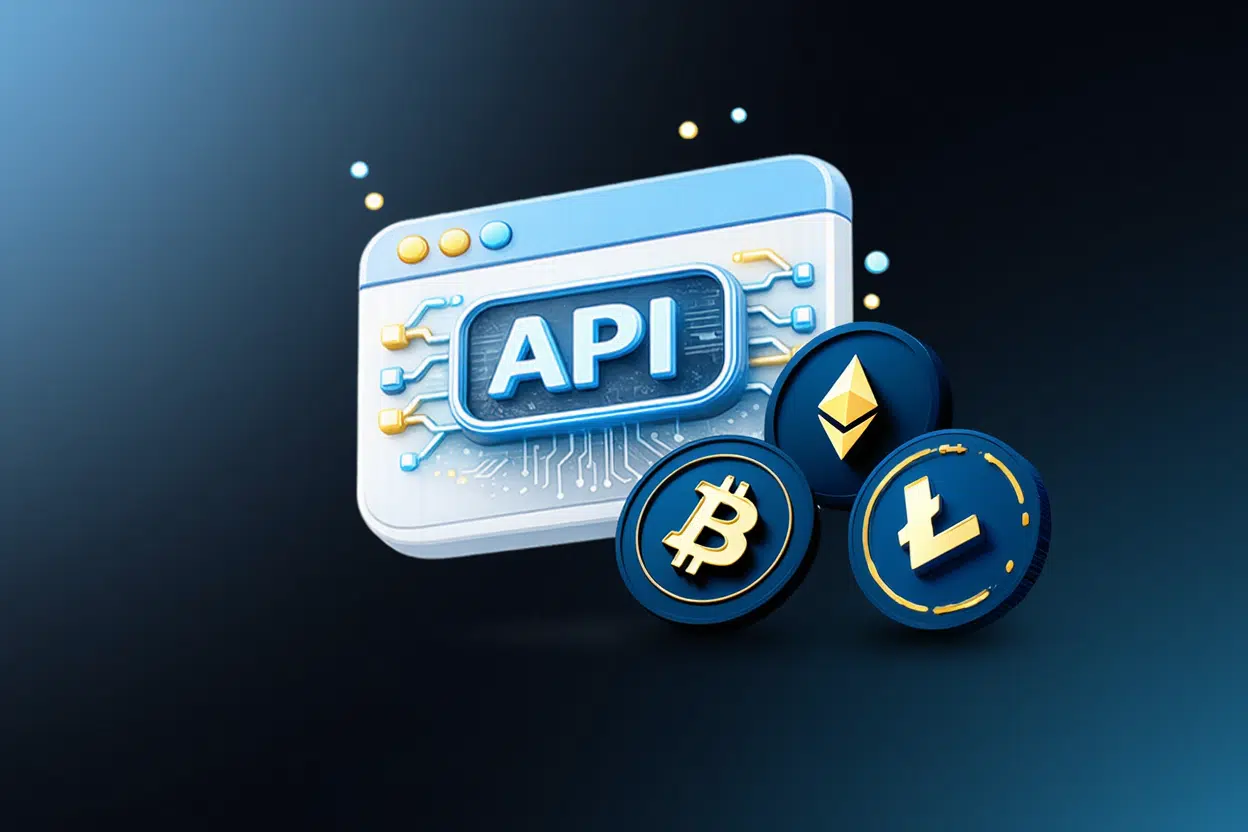Flutterwave will enable stablecoin transactions for merchants as it partners with Polygon blockchain.
Under the multi-year deal, Polygon will serve as Flutterwave’s default blockchain network for its new cross-border payments product. The move will allow businesses and consumers to send and receive payments using stablecoins, which are digital currencies pegged to fiat currencies like the US dollar.
Flutterwave plans to begin pilot testing in 2025 with a select group of merchants before expanding to all business and consumer users through its Send App in 2026.
This announcement follows Flutterwave’s announcement earlier in 2025 that it had joined the Circle Payment Network, signalling its growing interest in stablecoins as an alternative payment rail for global commerce.
“We want to make stablecoins another alternative for our merchants something as easy and accessible as fiat,” Vincent Yang, Flutterwave’s Senior Product Manager for Stablecoins and Cryptocurrency, told Techpoint Africa.
“We’ll start small with a pilot group of verified merchants before expanding into the consumer remittance space.”
According to Yang, Flutterwave will begin with USDC, the stablecoin issued by Circle, which will also assist with liquidity and issuance. The first rollout will target enterprise clients such as Uber and Audiomack, companies that already use Flutterwave for regional payments.
Reducing costs and settlement times
Africa’s $2 trillion cross-border payments market remains one of the most expensive in the world, with transfer fees averaging above 8% and settlement often taking several days. Flutterwave says its integration with Polygon could cut both costs and time dramatically.
“Stablecoins on Polygon can advance settlement times from days to seconds and high fees into pennies,” said Marc Boiron, CEO of Polygon Labs. “It’s a massive vote of confidence in stablecoins as the future of cross-border payments.”

Victoria Fakiya – Senior Writer
Techpoint Digest
Stop struggling to find your tech career path
Discover in-demand tech skills and build a standout portfolio in this FREE 5-day email course
Flutterwave’s CEO and founder, Olugbenga “GB” Agboola, said the partnership aligns with the company’s long-term goal of simplifying international payments for African businesses.
“Businesses in emerging economies process billions in cross-border payments annually yet still face high costs and slow settlement times,” Agboola said.
“By partnering with Polygon, we’re introducing a solution that makes international payments even simpler and affordable than many local ones.”
Regulatory and technical compliance
Flutterwave’s Yang told Techpoint Africa that the stablecoin service will initially be available only to approved and verified merchants, following enhanced Know Your Customer (KYC) and Know Your Business (KYB) procedures.
“We’re working closely with regulators and will only launch in markets where we have regulatory support,” Yang said.
The integration will be built into Flutterwave’s existing API, meaning merchants will not need to make technical changes to access the new payment option.
Polygon’s Aishwary Gupta, Head of Payments and Real World Assets, said Flutterwave’s integration places Africa alongside regions such as Europe and Asia, where companies like Grab and Mercado Libre already use Polygon for payments.
“Globally, more than a hundred fintechs are already moving money on Polygon,” Gupta said. “This partnership with Flutterwave extends that innovation to Africa, where it can have a real impact on costs, efficiency, and access.”
For Flutterwave, the collaboration represents a step toward what Yang calls “bringing stablecoins closer to home” — embedding blockchain into existing financial systems rather than replacing them.
“Our goal is to make commerce within Africa and across its borders easier,” Yang said. “Stablecoins just take us one step closer to that vision.”
Stablecoins have been a big topic across the globe in 2025; however, while they have the ability to transform cross-border transactions, regulation is still an issue for most countries. Nigeria’s Securities Exchange Commission has made laudable moves to understand and properly regulate crypto, but there’s still a lot to be done.











